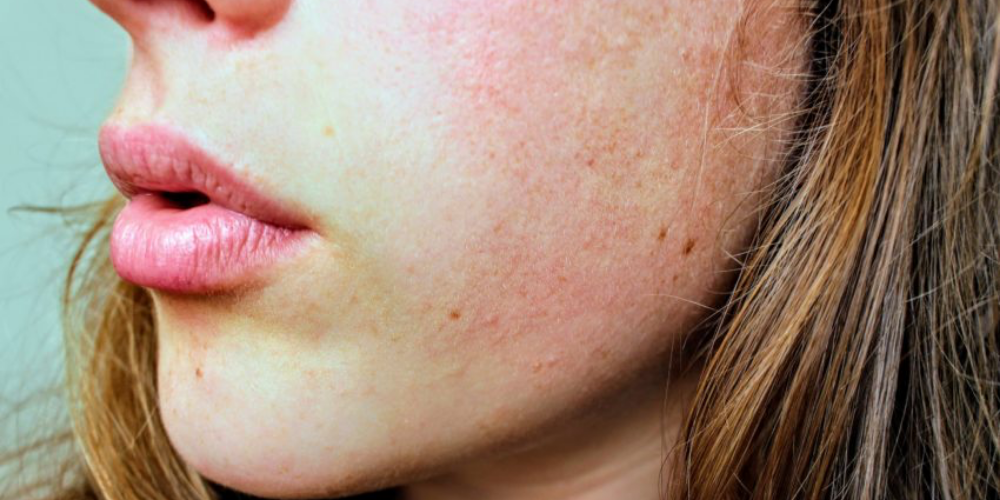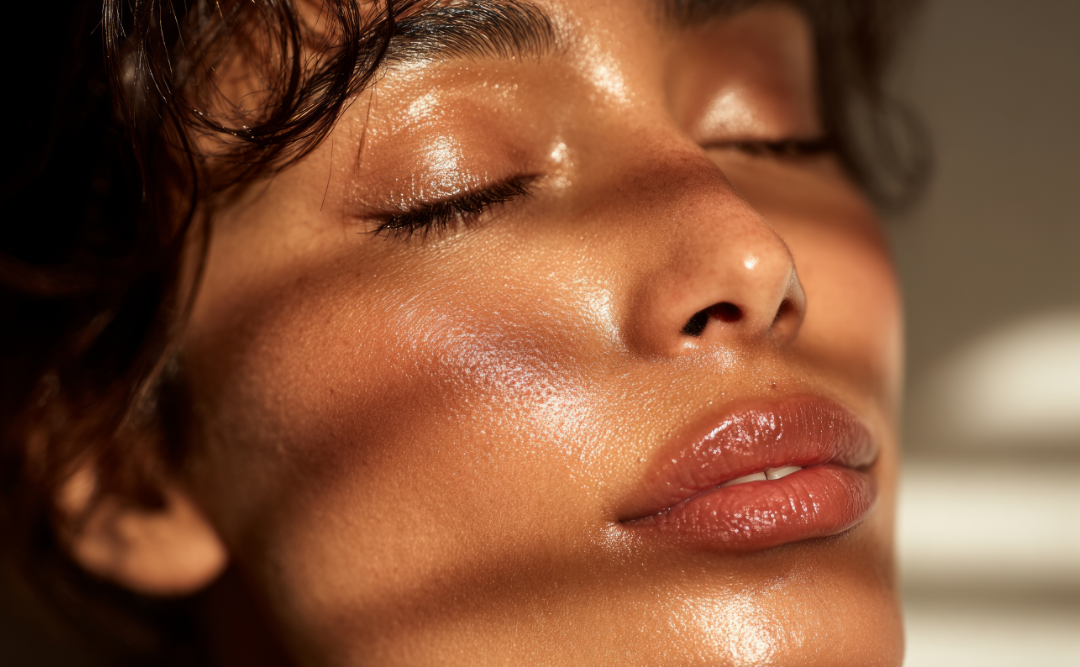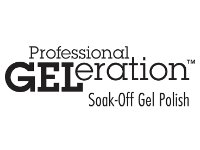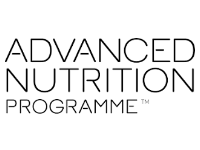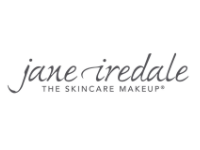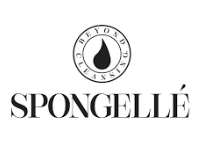Vitamin A plays a pivotal role in maintaining healthy skin, much like how oxygen sustains life. Its importance lies in promoting cell proliferation. However, our skin’s Vitamin A levels can be depleted by everyday exposure to sunlight.
The skin undergoes a continual loss of Vitamin A molecules due to daily exposure to UV light. In the summer, the likelihood of experiencing a negative reaction is diminished due to the increased presence of UV rays and longer daylight hours, which deplete Vitamin A from the skin. Conversely, during the winter, when daylight hours are shorter, the concentration of Vitamin A in the skin tends to be higher because there is less UV light to diminish it. This explains the heightened potential for a negative response in the winter. In wintertime, with fewer daylight hours, the accumulation of Vitamin A in your skin increases since there is less UV light to remove and deplete it, resulting in a buildup. Therefore, during winter, there is a higher likelihood of experiencing a negative reaction.
A retinoid response takes place when an excessive amount of Vitamin A is applied to the skin all at once. Possible responses encompass flaking, redness, inflammation, and skin itching. The individual response to Vitamin A varies based on tolerance and the number of Vitamin A receptors in one’s skin cells. These receptors develop through exposure to Vitamin A, so the skin might need to generate additional receptors to accommodate Vitamin A without causing an adverse reaction. Environ has devised its Vitamin A step-up system specifically to incrementally elevate Vitamin A levels over time.
Environ products achieve this by gradually introducing increasing levels of Vitamin A in various forms, such as retinyl acetate, retinyl palmitate, or retinyl proprionate, allowing the skin to reap the benefits of Vitamin A without the potential side effects associated with stronger forms like prescription retinoic acid. This means if you are using an Environ routine then you are less likely to have a negative response to Vitamin A.
To counteract the damage inflicted by the rigors of daily living on our skin, it’s essential to replenish Vitamin A in our skin cells at least once, if not twice a day. But here’s the catch: Vitamin A has the potential to irritate the skin, especially when it needs it the most— ie. unhealthy skin. However, when you work with the formulations we recommend, you need to exercise caution with exposure to daylight, and with the wearing of high-neck clothing, as well as when increasing the dosage – doing so during months with reduced daylight hours. This means that careful management of its application is crucial..
To avoid a negative response to Vitamin A, you should consider three major factors:
- Area of Application: Thinner skin areas, like the delicate skin around the eyes and the neck, are more likely to respond negatively. Watch for warning signs and reduce Vitamin A application to those areas for 2-3 days if necessary. In case you’re using Youth essentiA serums containing retinol, you can omit them for a brief period and continue with AVST application. This simple adjustment can significantly prevent a negative response.
- Sun Exposure: How much daylight an area of your skin is exposed to can influence the likelihood of a negative response. Be mindful of this factor and adjust your skincare routine accordingly.
- Dosage: The amount of Vitamin A applied matters. Gradually increasing the dosage can help minimise the risk of a negative response. During months with less daylight hours our dosage naturally increases as not as much Vitamin A is being destroyed by light. We can navigate this in many ways. We can reduce the level you’re on, or reduce the number of times you apply the Vitamin A, or we can slow down how quickly the Vitamin A is being absorbed. Your skincare therapist will guide you through.
For individuals concerned about experiencing a negative response, consider supplementing with oral Vitamin A, which poses no risk of skin irritation when ingested. Additionally, increasing your intake of skin omegas from 2 to 4-6 a day can help prevent and alleviate negative responses.
We advise to start taking the Advanced Nutrition Programme Skin Omegas+ paired with their Skin Youth Biome, ensuring plump and hydrated skin throughout the winter. It also best to just keep to simpler products whenever your skin is having any kind of reaction, taking it back to basics, and definitely not using anything too strong or exfoliating!
As a final tip, consider incorporating the Environ product Vital Complex – Super Moisturiser+. This product can effectively hydrate and moisturise the skin, promoting a healthy, plump complexion. Additionally, it aids in regulating the absorption of Vitamin A, contributing to overall skin health.
Prevention is always better than searching for a cure as we say at MJs!
If you ever feel like your skin is suddenly reacting to your routine or environment, then never hesitate to get in touch with us – whether by phone, email, messages or popping into the salon.

